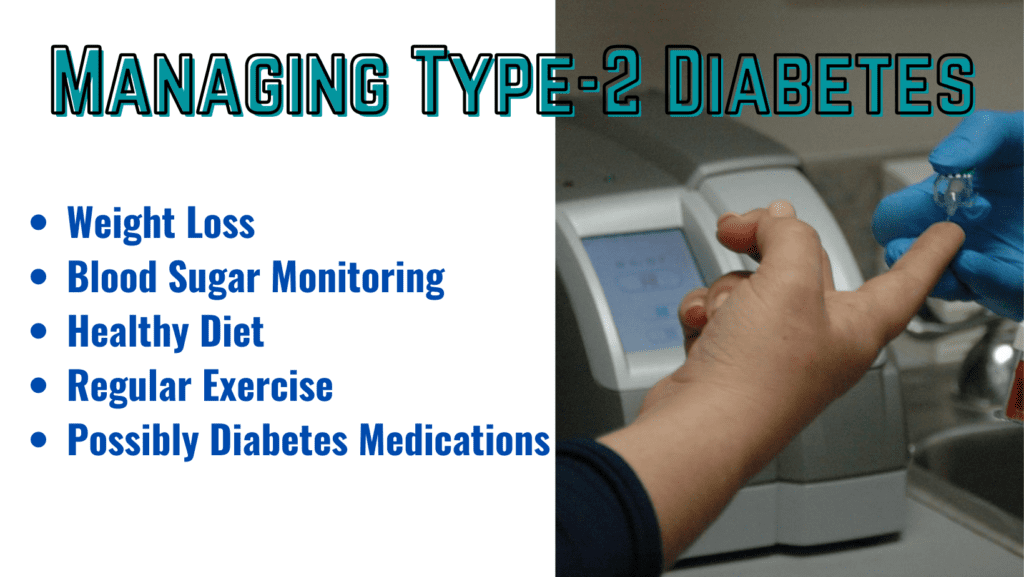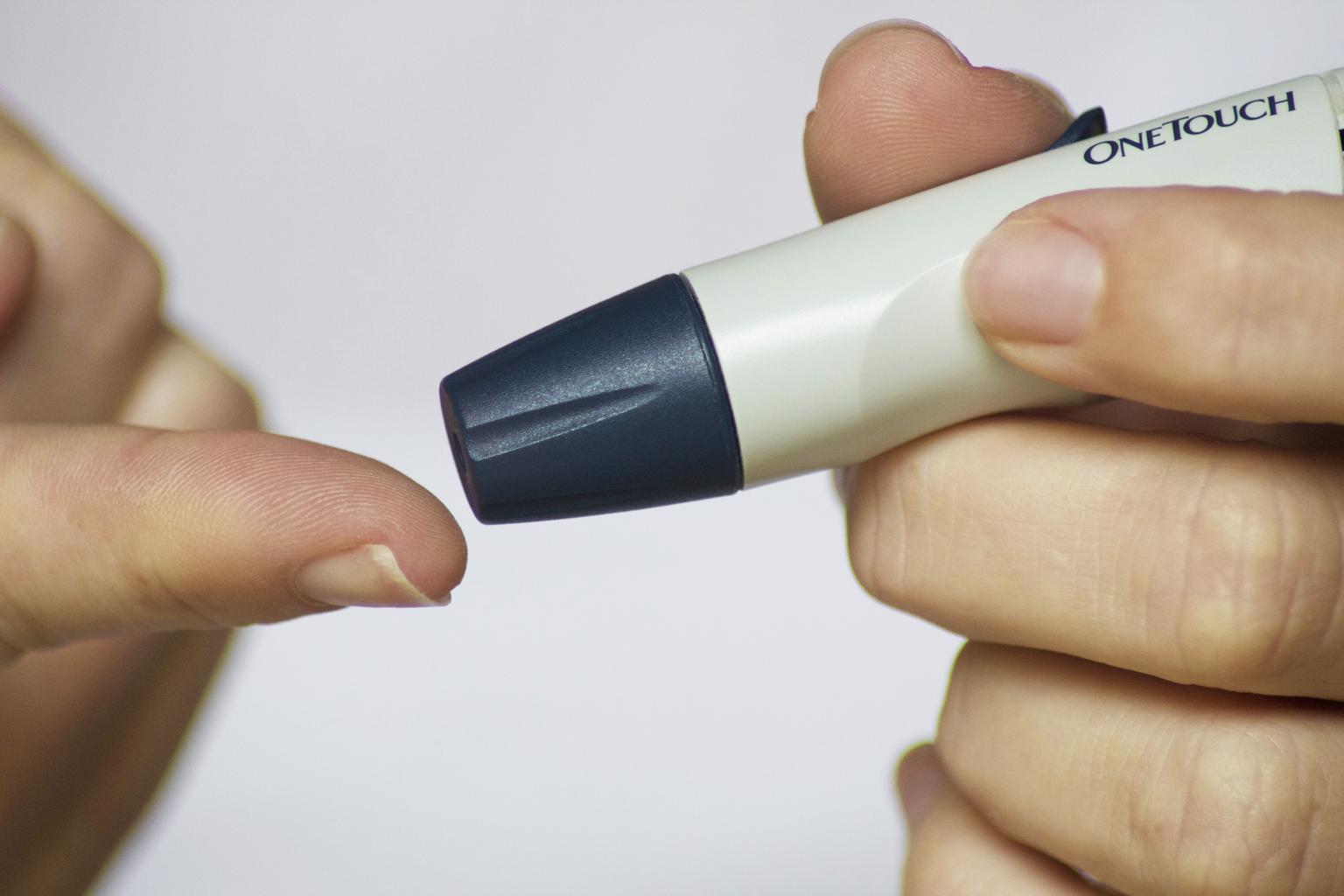American Diabetes Month is designed to focus the nation’s attention on this ever-growing disease the issues surrounding diabetes and the many people who are impacted by the disease.
Diabetes is a disease in which a person’s blood glucose (or blood sugar) levels are exceedingly higher than normal. This type of sugar is found in the foods we consume. Insulin is a hormone that is responsible for helping glucose break down into energy for our cells to use.
With type -1 diabetes a person’s body is unable to produce insulin and often develops in childhood, while Type-2 diabetes means that a persons’ body doesn’t use or make insulin properly. And when the body does not produce enough insulin or use insulin well, the glucose remains in the blood.
When a person’s blood sugar level is higher than normal but not consistently high enough yet for a diabetes diagnosis they are considered pre-diabetic. If left untreated, prediabetes can progress into type-2 diabetes.
Type two is the most common form of diabetes, a condition in which your body doesn’t use insulin properly. While some people may be able to control their (glucose) blood sugar levels with a healthy balanced diet and exercise, others may need prescription drugs to help manage their diabetes.
Early Symptoms of Type 2 Diabetes include:
- Increased thirst
- Frequent urination
- Fatigue
- Increased feelings of hunger
- Slow healing of cuts and wounds
- Blurry vision
- Patches of itchy skin or dark skin
- Itching and yeast infections
- Tingling, numbness, or pain in the hands or feet
Some people may ignore these symptoms because they’re unaware of the extent of damage to the body that diabetes can cause. Over time excess glucose (high blood sugar levels) can cause damage to a person’s kidneys, nerves, and eyes. Left untreated, diabetes can lead to serious health problems like heart disease, blindness, kidney failure, and foot amputations. Diabetes is the seventh leading cause of death in the United States.

The good news is that diabetes can be managed and to some degree, prevented. Treatment for diabetes includes managing your blood sugar levels to control your symptoms. A healthy well-balanced diet is essential. Shedding those extra pounds or maintaining a healthy weight is also very important, as is a daily routine that includes healthy physical activity and exercise. For some people, insulin may be injected into the body to control symptoms and prevent damage caused by an exceedingly high level of glucose in the blood. A simple blood test is used to determine if you have diabetes.
The American Diabetes Association recommends routine screening for adults over the age of 45 and for those who fall into higher-risk groups. While some people with diabetes find that they have no symptoms and their day-to-day lives are not significantly impacted, others struggle from day to day attempts to get control of their disease for better health. At River Bend Medical Associates we are dedicated to educating our patients not only about diabetes treatments, but also about how to lower your risk for the disease, and how to manage it. If you have been diagnosed with diabetes or you suspect you may have it, please call our family practice or go to the “Contact Us” page here on our website for more information about how River Bend Medical Associates can help.


